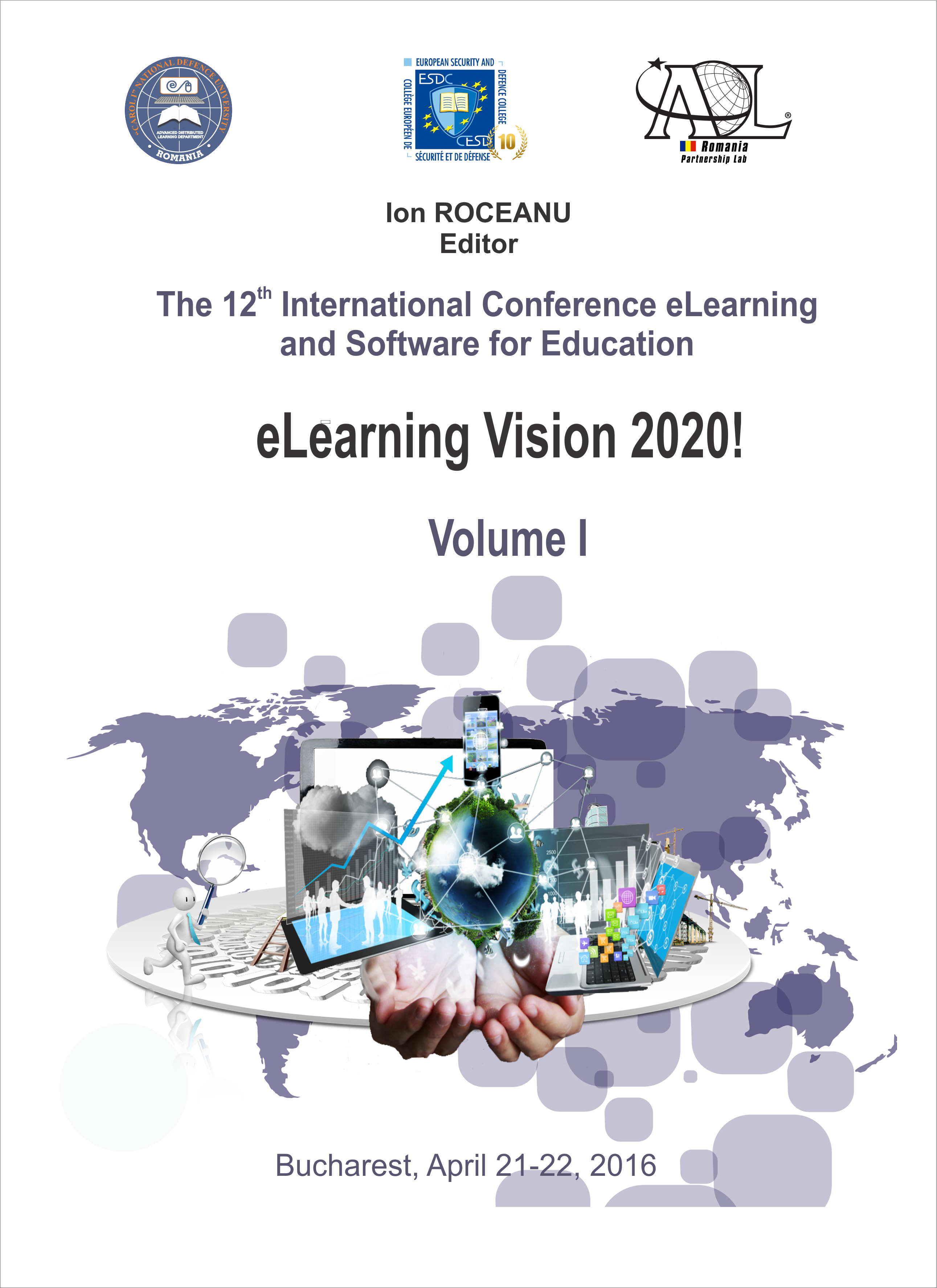CONTINUOUS KNOWLEDGE – CONSTRUCTION AND CONSOLIDATION OF A NATION
CONTINUOUS KNOWLEDGE – CONSTRUCTION AND CONSOLIDATION OF A NATION
Author(s): Roxana Mihaela PivodăSubject(s): Education, Social Philosophy, Sociology of Education
Published by: Carol I National Defence University Publishing House
Keywords: knowledge; human resource; lifelong learning;
Summary/Abstract: Today’s reality shows that we live in a world in permanent change, in which success at school, at work, or in business is influenced directly by the capacity to assimilate new knowledge and to put it into practice; and the quantity of information raises exponentially each day. While in the past instruction was done before starting work in a certain field, nowadays continuous education has become necessary all along our whole life. This is due to the fact that continuous education opens new horizons to the formation, development and value of the human resource, in agreement with the challenges and requirements of the cognitive society, with the transformations of work and world division, with the aspirations of every citizen, who has become himself the leading actor of the continuous learning process. As a result, the paradigm of life, work and learning is changing. Actually, continuous learning is the requirement and vehicle of the constructive, accelerated transition to the economy and society based on knowledge and information. The great majority of the world states are engaged, with different intensities and results, in promoting a process of development based on knowledge. We note that developed economies stepped into a new stage characterized by a domination of generating, spreading in real time and applying knowledge in all fields. It is the stage of generalizing knowledge, by renewing all the fields of the economic and social life. The advance of a society can be supported consistently by its adaptation to specific structures and practices: continuous learning, systems of competences, virtual organizations, professional communities, team work and teleworking. The social actors of this evolution are at the same time its beneficiaries: enterprises, universities, research institutes, public authorities, civil society, and not last, citizens.
Journal: Conference proceedings of »eLearning and Software for Education« (eLSE)
- Issue Year: 12/2016
- Issue No: 01
- Page Range: 373-378
- Page Count: 6
- Language: English

